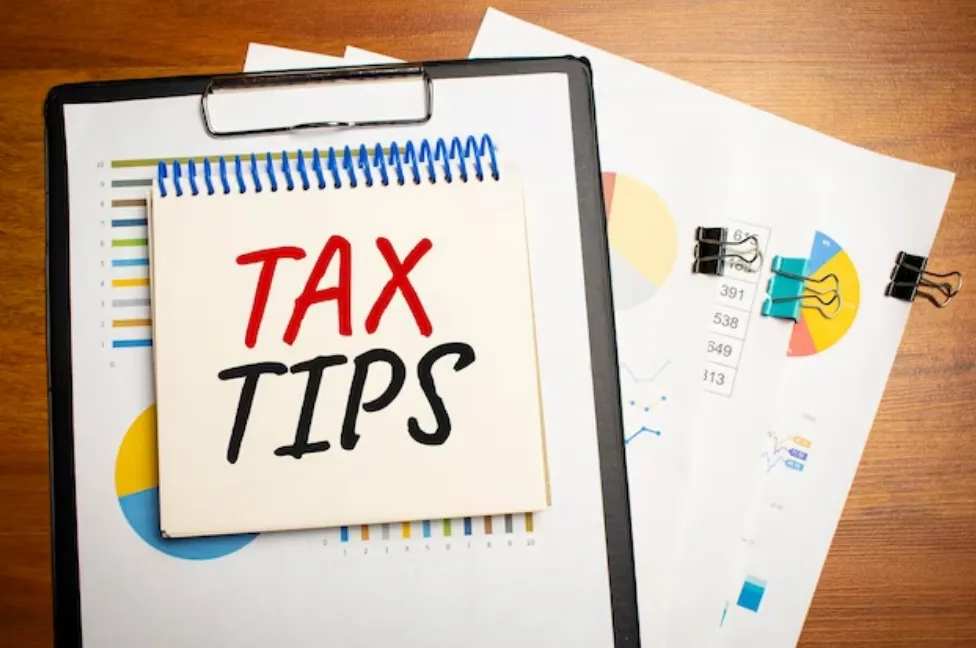

Tax Tips for Small Business Owners in Australia
As a small business owner in Australia, it is important to be aware of your tax obligations and to stay on top of your finances. Tax can be a complex issue, but with the right knowledge and preparation, you can minimize your tax liabilities and avoid costly mistakes. In this blog post, we will provide some tax tips for small business owners in Australia.
1. Keep Accurate Records
One of the most important things you can do as a small business owner is to keep accurate records of all your income and expenses. This will help you to claim all the deductions you are entitled to and to accurately report your income to the Australian Taxation Office (ATO). You can keep track of your records using accounting software or by engaging the services of a bookkeeper or accountant.
2. Understand Your Tax Obligations
As a small business owner, you will have a range of tax obligations that you need to meet. These can include income tax, goods and services tax (GST), and payroll tax. It is important to understand your obligations and to meet them on time to avoid penalties and interest charges.
3. Claim All Deductions You Are Entitled To
There are a range of deductions that small business owners in Australia can claim on their tax returns. These can include expenses such as office rent, internet and phone bills, travel expenses, and equipment costs. By claiming all the deductions you are entitled to, you can reduce your taxable income and minimize your tax liabilities.
4. Understand the Small Business Tax Concessions
The Australian government provides a range of tax concessions for small businesses. These can include the instant asset write-off, which allows you to immediately deduct the cost of assets costing less than $150,000, and the simplified depreciation rules, which allow you to pool the depreciation of assets costing more than $150,000. Understanding these concessions can help you to minimize your tax liabilities and improve your cash flow.
5. Keep Up-to-Date with Tax Changes
Tax laws and regulations can change frequently, so it is important to keep up-to-date with any changes that may affect your business. You can do this by subscribing to the ATO’s email updates or by engaging the services of a tax professional who can advise you on any changes that may impact your business.
6. Use the ATO’s Small Business Assistance Program
The ATO provides a range of assistance programs for small businesses. These can include workshops, webinars, and online tools and resources that can help you to manage your tax obligations and stay on top of your finances. You can access these programs through the ATO’s website or by contacting their small business helpline.
Sources:
-
Australian Taxation Office. Record keeping for small business. https://www.ato.gov.au/business/record-keeping-for-small-business/
-
Australian Taxation Office. Small business tax concessions. https://www.ato.gov.au/Business/Small-business-entity-concessions/Small-business-tax-concessions/
-
Australian Taxation Office. Small business assistance. https://www.ato.gov.au/Business/Small-business-assistance/
-
Australian Government. Instant asset write-off for eligible businesses. https://business.gov.au/tax-assistance/instant-asset-write-off
-
Australian Government. Simplified depreciation for small business. https://business.gov.au/tax


